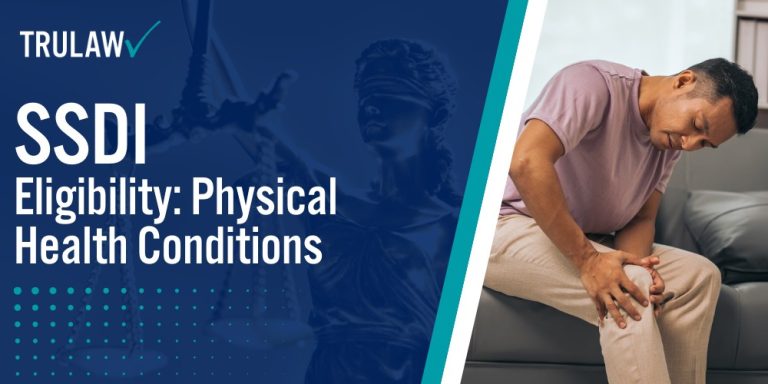The SSA evaluates the severity of physical health disabilities by examining how the condition limits an individual’s ability to perform work-related activities and maintain gainful employment.
This includes analyzing medical documentation, objective clinical findings, and detailed functional capacity assessments.

Many denied applicants are approved after their cases are heard by an Administrative Law Judge (ALJ), indicating the importance of this judicial role in the multi-level appeals process.
A medically determinable physical or mental impairment must significantly restrict essential work functions, such as lifting, standing, walking, or performing other job-related tasks, to meet the SSA’s rigorous disability criteria.
Applicants undergo evaluation based on both medical evidence and their demonstrated physical limitations.
The SSA requires that the condition has lasted, or is expected to last, for at least 12 months or result in death.
Medical Evidence, Assessment, and Functional Limitations
When reviewing claims, the SSA considers both objective medical findings and documented functional restrictions for physical conditions that qualify for disability.
Severe functional limitations are also a key criterion for establishing disability, especially for children under the Supplemental Security Income (SSI) program.
A diagnosis alone cannot establish disability; applicants must provide evidence of ongoing physical limitations that prevent substantial gainful activity.
This includes mental disorders, such as depression and anxiety, which are recognized by the SSA as qualifying conditions for disability benefits.
Assessments typically include physical examinations, diagnostic test results, and documentation of symptoms that interfere with workplace activities.
Functional limitations—such as inability to lift certain weights, chronic pain symptoms, or difficulty maintaining prolonged positions—are crucial in establishing the severity of the impairment.
The SSA uses the following key factors to assess physical health conditions:
- Body System Evaluation: Comprehensive assessment of affected body systems and their impact on function.
- Physical Capacity Testing: Measurements of strength, endurance, and mobility limitations.
- Work-Related Activities: Analysis of ability to perform specific job tasks.
- Treatment Response: Evidence of how medical interventions affect functional capacity.
- Daily Activity Restrictions: Documentation of limitations in routine activities.
These factors help determine whether an applicant qualifies for social security disability insurance benefits.
Physical limitations, such as reduced mobility or diminished strength, play a crucial role in establishing the severity of the condition.
The SSA’s evaluation process aims to identify individuals whose physical conditions prevent them from maintaining substantial gainful employment.





